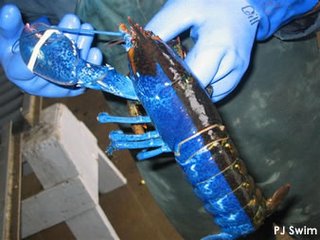Circuit Affirms Limitation on Testimony by Grand Jurors and Rebuffs Government’s Attempt to Remove Judge from 9/11-Related Case
United States v. Osama Awadallah, Docket No. 05-2566-cr (2d Cir. Jan. 26, 2006) (Feinberg, Parker, Cudahy (by desig’n)): A very fine opinion by Judge Parker that (1) upholds Judge Scheindlin’s pretrial ruling limiting the testimony of grand jurors the Government proposed to call as witnesses at Awadallah’s perjury trial, and (2) rejects the Government’s request … Read more


